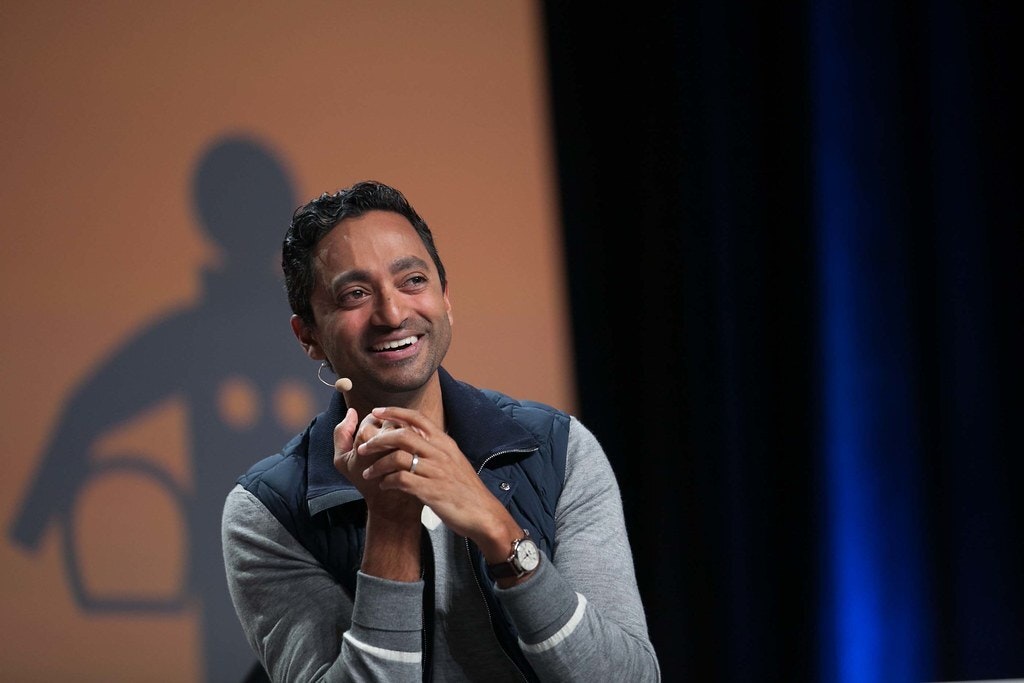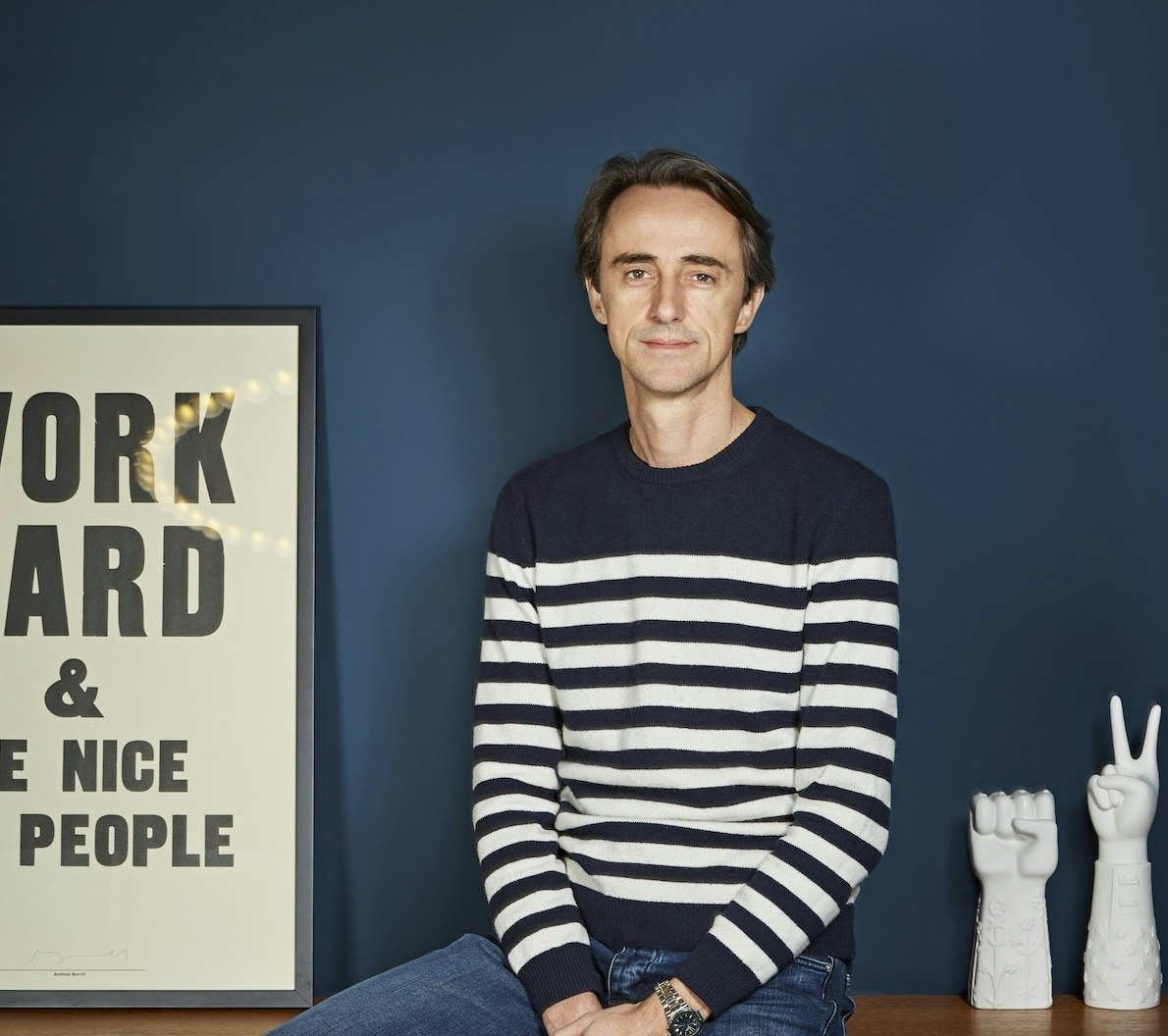SPACs — special purpose acquisition companies — are the investment craze du jour.
In February alone, SPACs, which are set up in order to acquire other businesses, struck 50 deals globally, signing off on $109bn worth of transactions, according to data from Refinitiv. In the US, SPACs have raised $58bn in the first two months of the year — compared with $78bn across 2020 as a whole.
Europe has so far been slow to join in the SPAC trend, and while VCs are still hesitant, there are a growing number of high profile entrepreneurs looking to invest.
So what exactly is a SPAC, why have they become so popular and what kinds of founders should consider them?
What are SPACs?
SPACs are an alternative way for companies to go public. In essence, a SPAC is a shell company whose sole purpose is to raise capital in an IPO to merge with an existing privately-owned company, which then becomes publicly traded as a result.
The managers of SPACs are known as sponsors, who run the company and meet with investors to raise funding. However, the target of the acquisition is not set during the fundraising. It’s only after the raise that SPACs target companies to acquire.
Still confused? For investors, it’s kind of like a very expensive blind date.
“Previously, SPACs were perceived as a financing or liquidity tool for companies that couldn’t access the private market via a traditional IPO,” says angel investor Manu Gupta, who stepped down as a partner at VC firm Lakestar last July.
“However, founder perceptions are now quite the opposite. Founders and boards weigh the pros and cons of traditional IPO, direct listing and SPAC with equal weight, with the speed of execution of SPACs their main pull.”
Historically, SPACs have been a poor way for investors to spend their money, having underperformed financially. A Financial Times study of US SPACs launched between 2015 and 2019 shows that the majority lie below $10 a share — the standard share price on launch.
However, founder perceptions are now quite the opposite. Founders and boards weigh the pros and cons of traditional IPO, direct listing and SPAC with equal weight, with the speed of execution of SPACs their main pull.
But after the past year of high trading activity and volatility on stock markets, and excess of capital, companies are seeking new funding opportunities, with SPACs on the rise.
This trend has been led by the US, where celebrities like Serena Williams, Shaquille O’Neal and Alex Rodriguez have all jumped on the SPAC bandwagon as investors in the last year, while politicians like ex-House speaker Paul Ryan and Democratic presidential nominee John Delaney have already raised funds and are currently looking to de-SPAC (or acquire a target).
Virgin Galactic, Opendoor and sports betting site DraftKings are among the high-profile businesses that have already gone public by merging with US-based SPACs, with European tech businesses such as health app Babylon and electric scooter startup Voi among those rumoured to have been approached by US SPAC sponsors. By contrast, European SPAC sponsors have so far been fewer and have raised smaller amounts in comparison with their US peers.
What does all this mean for Europe?
Europe has been slower to embrace the trend. There have been only three SPACs listed in Europe in 2020, raising $425m, with just 19 in total in the previous six years, according to Refinitiv. Tighter regulations on investment, a wariness about previous SPAC failures and a smaller pool of viable sponsors have all been cited as reasons for slow growth.
But Europe is warming up, presenting an opportunity for founders and investors alike. Ex-Credit Suisse CEO Tidjane Thiam raised $300m earlier this year for a SPAC focusing on deals in the financial industry, while French billionaire Xavier Niel, and partners Matthieu Pigasse and Moez-Alexandre Zouari, launched 2MX Organic in December — raising €300m on Euronext markets.
“Europe still lags behind the US in terms of momentum, but the market is quickly catching up,” says Camille Leca, head of listing France, Portugal & Spain at stock exchange Euronext. “While investor demand for European SPACs is strong, high-profile entrepreneurs and executives on the Continent have been more cautious in launching their own SPAC ventures thus far.”
France’s richest man is also getting in on the act, with Bernard Arnault — owner of Louis Vuitton, Givenchy and Veuve Clicquot — joining forces with ex-UniCredit CEO Jean Pierre Mustier to list Pegasus Europe in Amsterdam, which is fast becoming Europe’s SPAC hub.
Leca believes that the next stage in Europe’s SPAC development will be less about star names and more about savvy entrepreneurs looking for a different way to invest.
Europe still lags behind the US in terms of momentum, but the market is quickly catching up. While investor demand for European SPACs is strong, high-profile entrepreneurs and executives on the Continent have been more cautious in launching their own SPAC ventures thus far.
“Because the recent SPACs in Europe have been launched by such high-profile people — these guys are top tier sponsors — it has discouraged others from getting involved. We need to have more normal, successful entrepreneurs co-sponsoring rather than only billionaires, but this is coming,” Leca says.
Should founders consider the SPAC route?
“SPACs are definitely here to stay, but it’s important to remember they are a specific vehicle for specific projects,” Leca tells Sifted.
Going public through a SPAC has several benefits for startup founders. Unlike an IPO, founders liaise with a single SPAC sponsor, rather than having to do a roadshow talking to lots of investors. This makes the entire process quicker and also allows like-minded sponsors and startups (such as those in the same sector) to match.
Secondly, funding is already in place in a SPAC, providing security in a volatile market. Thirdly, by negotiating with SPAC sponsors, founders can get more certainty over their valuation and have a better chance to tell the story of their organisation. This can be particularly useful for startups that have a complex structure that requires more explaining, says Harry Nelis, partner at VC firm Accel.
“The volatility of the equity markets over the last year has really put SPACs back in the spotlight. The ability to get earlier feedback on valuation and the potential to get to public markets faster than via a traditional IPO are proving attractive to entrepreneurs,” he adds.
With no one sector dominating investments, more founders could be tempted to examine the SPAC route. But Nelis warns founders should be careful of seeing the SPAC boom as a way of targeting easily available funding. The real question isn’t how to make your startup a target for SPACs, but whether you’re ready to face the realities of going public at all.
The volatility of the equity markets over the last year has really put SPACs back in the spotlight. The ability to get earlier feedback on valuation and the potential to get to public markets faster than via a traditional IPO are proving attractive to entrepreneurs.
“There’s a huge shift in the way an entrepreneurial startup and a transparent public company does business. A startup’s targets are ambitious, aspirational and often unachievable. As a result, even if targets aren’t hit, the outcome is often still seen as good by the management and board, as the targets were a stretch to begin with. This isn’t how it works as a public company. You need to outperform targets and be able to predict how your business will perform over time,” he says.
“If you’re considering the SPAC route, get ready to be a tightly governed, transparent company well in advance with the right people and structures in place.”
Learn more about how entrepreneurs can raise capital to finance their growth.


